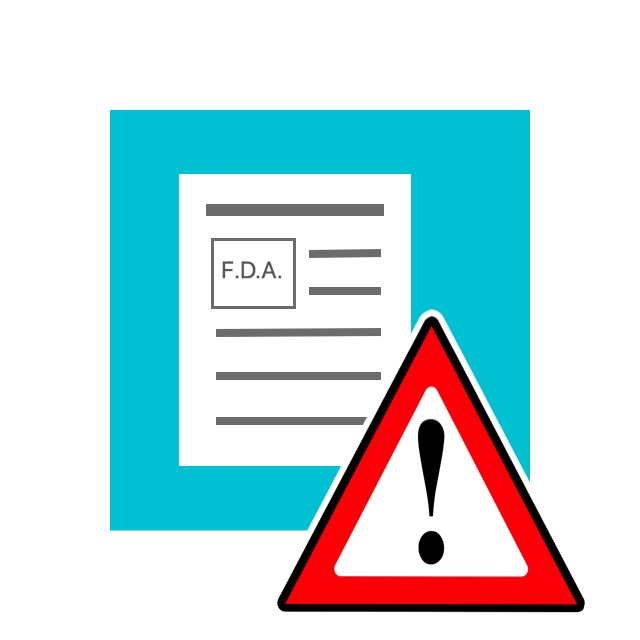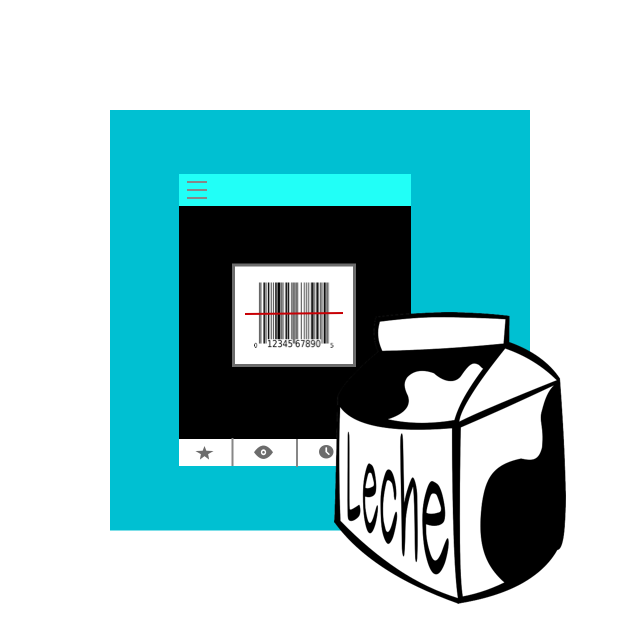After three years of using the peanut patch, 83.3% of the 18 patients between 6 and 11 years old who completed the trial were able to tolerate more peanut protein.
READ ARTICLE HIDE ARTICLE
ATLANTA, GA – After the success of the yearlong double-blind, placebo controlled randomized Phase IIb trial for a peanut patch, known as Viaskin
®
Peanut, researchers continued the trial two more years in an open label extension to ascertain the effect of long-term treatment.
The peanut patch is a form of epicutaneous immunotherapy that allows the patient’s immune system to be exposed to the allergen by applying a patch to their skin. In essence, the patch helps patients slowly build up tolerance to peanuts.
The initial study met its primary efficacy endpoint at 12 months due largely to the response of the youngest age group (6 to 11 years) on the highest dose (250 μg). All 171 patients, including 21 children from 6 to 11 years old who received 250 μg in the first year, were rolled into the extended study for two more years. All participants were offered treatment with the 250 μg peanut patch during the extension. At the end of the third year, 18 children completed the trial. Fifteen of the children (83.3%) who received the full three years of treatment showed improvement in the amount of peanut protein they could tolerate compared to 53.6% after the first year of the trial. The amount of peanut they could ingest during food challenges increased after three years of treatment.
At study entry, for those 21 children, the median cumulative reactive dose (the amount that caused a reaction) was 44 milligrams of peanut protein. For the 18 patients who completed all three years of the trial, the median cumulative reactive dose increased to 1,440 milligrams.
“Long-term treatment with Viaskin
®
Peanut shows a progressive improvement with time in peanut desensitization thresholds of peanut-allergic children and has been well tolerated,” said Hugh A. Sampson, MD, FAAAAI. “The peanut patch could become an effective treatment for potentially deadly peanut allergy.”
The overall compliance was over 95% and no serious adverse events related to Viaskin® Peanut were reported. The dropout rate of the trial for adverse events was 2.3%.
Viaskin
®
Peanut is a product of DBV Technologies.
To learn more about
food allergy
or the
AAAAI Annual Meeting
, visit
aaaai.org
. Research presented at the AAAAI Annual Meeting is published
in an online supplement to The Journal of Allergy and Clinical Immunology
.
The American Academy of Allergy, Asthma & Immunology (AAAAI) represents allergists, asthma specialists, clinical immunologists, allied health professionals and others with a special interest in the research and treatment of allergic and immunologic diseases. Established in 1943, the AAAAI has more
than 6,900 members in the United States, Canada and 72 other countries. The
AAAAI’s Find an Allergist/Immunologist
service is a trusted resource to help you find a specialist.
Editor's notes:
Additional Information
Food Allergy Symptoms, Diagnosis, Treatment & Management »
Learn More from AAAAI





